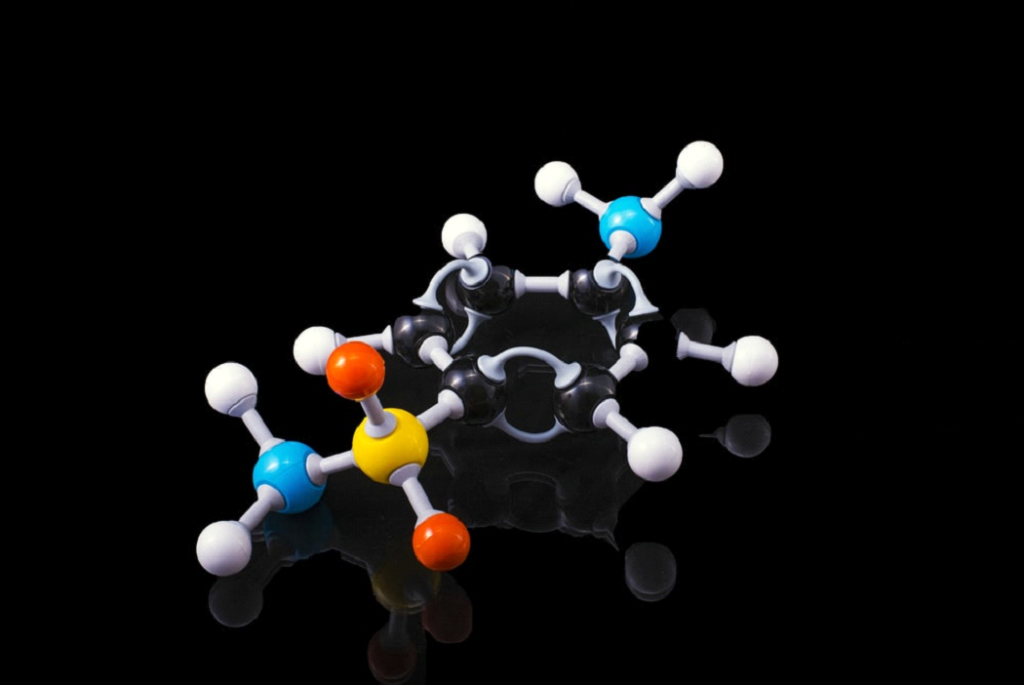Organic chemistry is one of the most essential branches of chemistry. It deals with the study of carbon compounds and chemicals in living organisms. In addition, you can find various examples of organic chemistry in our daily life. Chemists believe that organic chemistry is everywhere and it is more than simply the study of chemicals and carbons.
Delve into the article to learn organic chemistry in detail covering all important aspects including its significance, where it is used and more.
What Is Organic Chemistry?
Before you learn what is organic chemistry, it is important to understand chemistry in general. Chemistry is so fundamental to our universe and an incredibly fascinating field of study. It plays a crucial role in our lives as it revolves around almost every aspect of our existence in some way. It may touch our basic needs of food, health, shelter, cleaner air, and more.
Chemistry helps improve the quality of our lives in countless ways by providing innovative solutions to our problems in materials, health, and energy usage as a whole. Studying chemistry and its important branches like organic chemistry helps prepare us for the real-time world challenges.
Organic chemistry is the detailed study of the properties, structure, composition, preparation and reactions of carbon-containing compounds. Although most organic compounds consist of hydrogen and carbon, however, they might also contain a number of other significant elements such as halogens, oxygen, nitrogen, silicon, phosphorous, and sulfur.
Significance of Organic Chemistry
Organic chemistry is the most essential subfield of chemistry that deals with the life of all the chemical reactions and the molecules of life. It is typically concerned with looking at the behavior and structure of molecules which are made only of a couple of different atoms such as oxygen, hydrogen, carbon, nitrogen and a few more. Various fields apply an in-depth understanding of organic chemistry including dentists, doctors, chemical engineers, pharmacologists, and more.
In addition, organic chemistry is also the essence of the developmental procedures of common household chemicals, foods, drugs, plastics, fuels, antibiotics and more. Moreover, it is also used to synthesize useful items and molecules including pesticides and fertilizers, polymers, preservatives and more.
Additionally, learning about biochemistry and molecular biology requires a grasp of organic chemistry since bio-molecules like proteins, carbohydrates, fats, sugar, and nucleic acids (RNA and DNA) are all organic molecules, although extremely big ones. Students that focus on organic chemistry often go on to work for pharmaceutical, food, or polymer firms, conduct research in the field, seek professions in medicine, or they may look into other related job options.

Source: Unsplash
What Does an Organic Chemist Do?
A chemist with a college degree in chemistry is an organic chemist. Organic chemistry is an extremely resourceful science that enables chemists to explore and produce molecules and compounds. The majority of an organic chemist’s time is spent creating new chemicals and improving the synthesis of already existing ones. The creation of a more effective painkiller, the formulation of a shampoo that results in silkier hair, the creation of stain-resistant carpeting, or the discovery of a non-toxic insect repellant are examples of projects that might involve organic chemists.
Application of Organic Chemistry?
Organic chemistry is used for several purposes in various fields including pharmaceutical, healthcare, consumer products and more. A few notable fields where organic chemistry plays a crucial role include are mentioned underneath.
⦁ Biotechnology
All biotech products are a result of organic chemistry. It might include fertilizers, pesticides, disease-resistant seeds and more. Here are a few areas where organic chemistry has been used in regard to biotechnology.
⦁ Biofuels
⦁ Health care
⦁ Environmental sector
⦁ Nonfood uses of crops
⦁ Crop production and agriculture
⦁ Consumer products (e.g., vegetable oil, biodegradable plastics and more)
⦁ Organic Industrial Chemistry
It deals with converting raw products and minerals like oil, minerals, and water into industrial and consumer products. A few important organic industrial chemistry areas include:
⦁ Primary metals
⦁ Pulp and paper
⦁ Petroleum refining
⦁ Textiles and apparel
⦁ Rubber and plastic products
⦁ Petroleum
Fuel oil and gasoline are the petroleum products with the highest volume. Petroleum is used as a primary ingredient in a variety of chemical products including solvents, pharmaceuticals, pesticides, fertilizers, plastics and more. There are three common components where organic chemistry has been used:
⦁ Upstream – Examination and manufacture
⦁ Midstream – Shipping
⦁ Downstream – Purifying crude oil, and natural gas, and creating petrochemicals.

Source: Unsplash
Organic Chemistry in Our Everyday Life!
Organic chemistry contributes to many other fields and areas of life due to its greater benefits.
⦁ Organic chemistry plays a key role in pharmacy and medicine.
⦁ It helps study and produce polymers.
⦁ Organic chemistry is vital for studying earth sciences.
⦁ Various household items contain organic chemicals in them.
⦁ It also contributes to the manufacturing of fragrances and perfumes.
⦁ Organic chemistry allows chemists to explore and create new chemicals.
⦁ Organic chemistry deals with chemical reactions taking place inside living beings.
⦁ Diesel fuel and gasoline consist of hydrocarbons which is basically organic compound.
⦁ Cosmetic and skincare products contain various beneficial organic chemicals as active ingredients.
⦁ It is important for learning and having a grasp of biochemical principles and biotechnology as a whole.
Consumer Products with Common Organic Chemicals
Below mentioned most common household products make use of organic chemistry:
⦁ Lotion
⦁ Drugs
⦁ Dyes
⦁ Soap
⦁ Wood
⦁ Paper
⦁ Plastics
⦁ Candles
⦁ Asphalt
⦁ Perfume
⦁ Solvents
⦁ Gasoline
⦁ Vitamins
⦁ Enzymes
⦁ Shampoo
⦁ Fertilizers
⦁ Natural gas
⦁ Insect repellent and more.
Wrapping It Up
The majority of the things you use employ organic chemistry as it can be found in your body, furnishings, house, car, and computer. Every living thing you encounter is organic. Organic matter is frequently present in inorganic substances such as water, metals, air, and rocks as well. Organic chemistry, in a nutshell, is everywhere around you.

